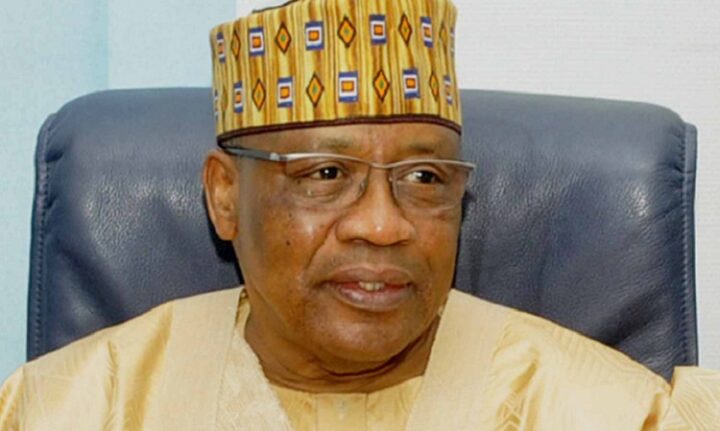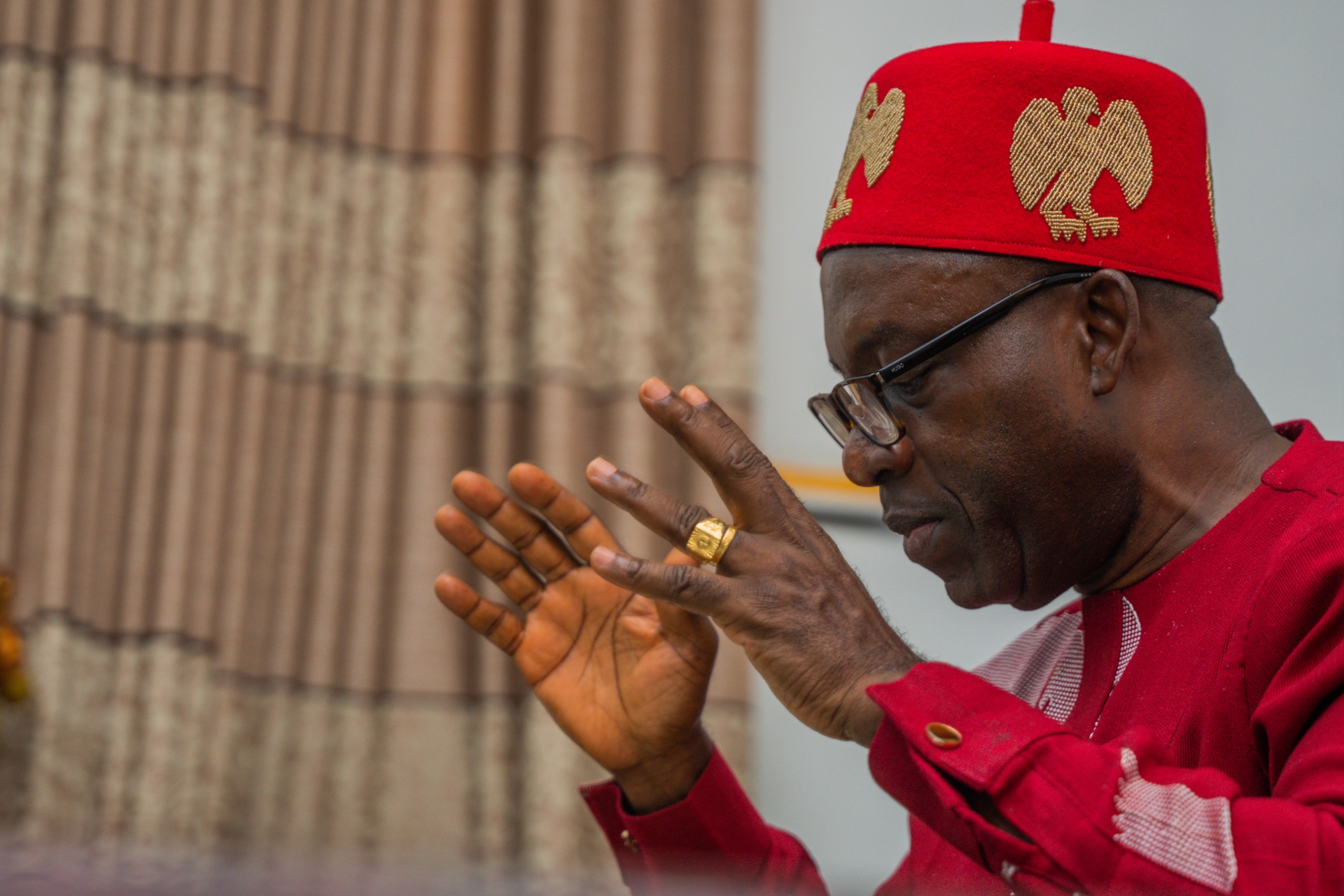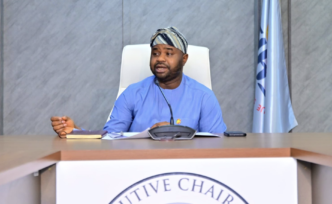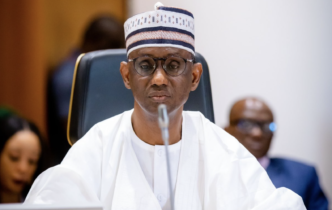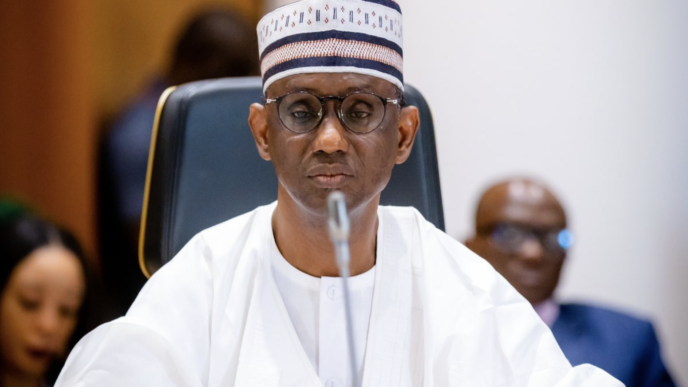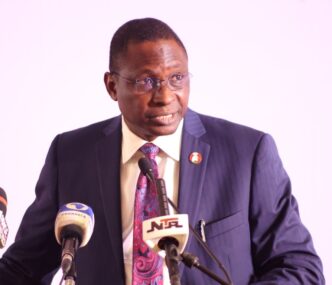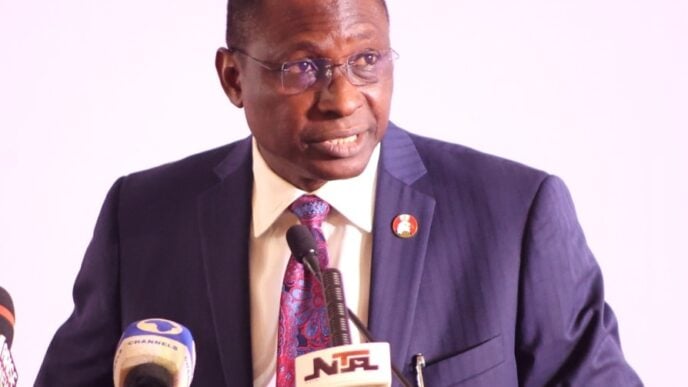The months, weeks, days, hours and even minutes leading to June 12, 1993 have proved so vital to how Nigeria has evolved in the last 32 years. If the foregoing statement is said to be debatable at all, whoever is calling for the debate would have a lot of explanation to make. And what an explanation that would have to be.
One man was central to that date, although there were many actors and actresses that partook in what has since been known as a gory national drama that left the audience bewildered to this day of how a country’s dawn of glory ended up in a nightmare from which the audience have yet to recover and may never recover.
The man is no other than then military president Ibrahim Badamasi Babangida. He had spent eight years in power, from August 27, 1985 when he staged a palace coup that toppled his principal, General Muhammadu Buhari, and mounted the saddle till August 27, 1993 when he was forced to make a hurried exit that threw the entire country into unprecedented turmoil that ranged from judicial through economic and social to political and several other aspects of the national life.
The hour of glory beckoned on Babangida to emerge as the best ever leader that Nigeria would have had, having delivered the freest, fairest and most credible presidential poll in the country’s history. For reasons that have been inexplicable to this day, 32 years after, he annulled the result of the election, plunging the country to distrust among ethnic groups, which immediately brought back echoes of the 30-month civil war and very nearly returned the country to another fratricidal war 23 years after the first one ended. Hundreds of innocent Nigerians perished through protests that swept through the country, businesses were in ruins as the economy was tethered on total collapse.
Advertisement
If all these happened because of Babangida’s love for the country, it could well have been understood and credit would have been given to him. But no! He caused the chaos only for self-preservation. It was obvious he did not think through his action, although he was loathe to embrace the equally obvious reality. Upon returning to Minna, his native home in Niger State before the dust settled, he had prided himself for having “stepped aside”, leaving the country totally worse than it was before he took over leadership.
The only thing Babangida owed the entire Nigerians afterwards was just one word: sorry. But whenever he got the opportunity to offer it, he rather danced around it, preferring to blame others but himself in the gory drama. Several opportunities also sufficed for restitution. But he spurned all adamantly – suggesting he would not be blamed.
Nor did he also accept to put his thoughts on the very needless June 12, 1993 debacle in writing, even for the sake of posterity. Whenever he was pressed on the need to render his account, he would retort: “I have a lot to put together in a book form but I am sure no one would like to read it.”
Advertisement
It was therefore a surprise, if not a shock, that an invite went viral a fortnight ago, indicating that Babangida had resolved to release his memoir for public consumption. The invite stated that a fund-raising event slated for February 20 in respect of a “befitting IBB Presidential Library” would also have as part of the ceremony a “historic public book presentation of IBB’s long-awaited autobiography”.
The title of the book, “A journey in service”, says a lot in what is to be expected to see inside it. An unapologetic dissembler that Babangida is renowned, the reader should do well not to expect too much. The fact that the autobiography has taken a whole of 32 years when all the major actors of the gory drama have passed on, leaving only himself around, should be instructive enough.
Despite having achieved a number of feats during his eight-year reign, particularly the establishment of the national directorate of employment and the technical aid corps that aimed to streamline the export of Nigerian professionals to countries across the world, his annulment of the result of the June 12 1993 presidential election has come to define his leadership of Nigeria and put his statesmanship in very serious question.
Till he would breathe his last, he would continue to be asked why he put his personal interest far and above the interest of Nigeria at a time the whole world looked up to him.
Advertisement
Writing in his column in Nation Newspaper on June 14, 2016 under the title “June 12: Babangida’s turn”, Prof Olatunji Dare said: “The public was well primed to vote on June 12.
That date had been seared into its consciousness. It was Babangida’s regime, not NEC, that created a climate of uncertainty around it. Even so, 14 million Nigerians came out to vote. To invoke the “rule of law” to justify the annulment as Babangida did was to stand that concept on its head. How can a regime that promulgated retroactive laws and routinely ousted the courts of jurisdiction honestly claim adherence to the rule of law? Which of the candidates, by the way, encouraged a campaign of divide-and-rule among Nigeria’s ethnic groups, as Babangida claimed? A candidate for national office employing such tactics would have known that he was committing electoral suicide.
The public would have rejected him emphatically. Nothing emblematises Babangida’s signature duplicity and chicanery better than the claim he now makes at every opportunity that he presided over the freest and fairest election ever held in Nigeria. How can he reconcile this claim with his sweeping rejection of the June 12 election?”
If indeed Babangida would write in his memoir on the June 12 1993 presidential election and its result that he callously annulled, what else would he say differently from what Prof Dare has said in his submission?
Advertisement
Perhaps, Babangida should have simply stuck to his opinion that he would not write a memoir because no one would be interested in reading it or otherwise taken the easiest and humble route of saying sorry to Nigerians. To think he seeks to use funds raised from a book he believes no one would read to build a library for posterity itself stands logic on its head.
Advertisement
Views expressed by contributors are strictly personal and not of TheCable.

